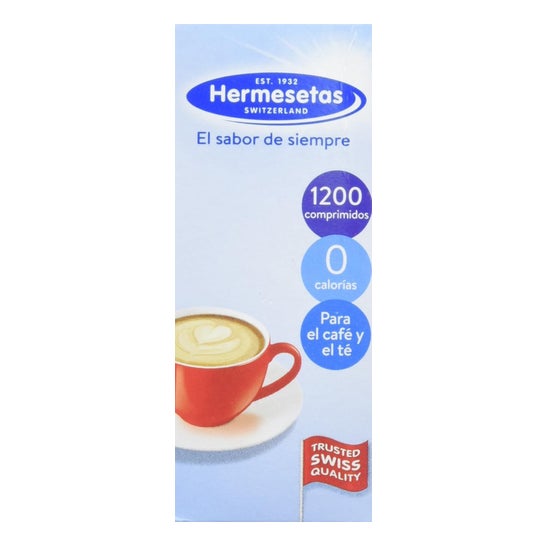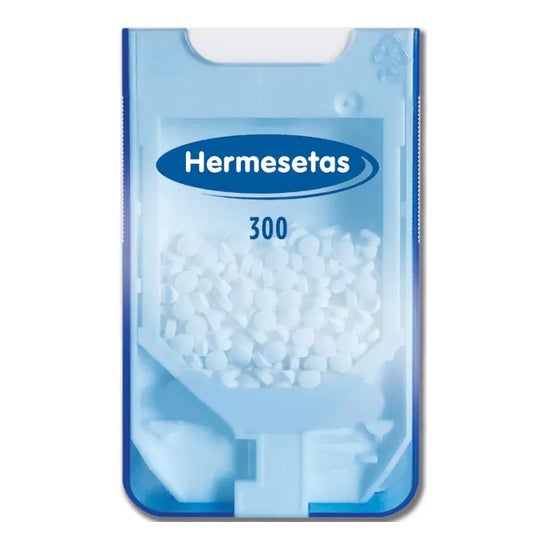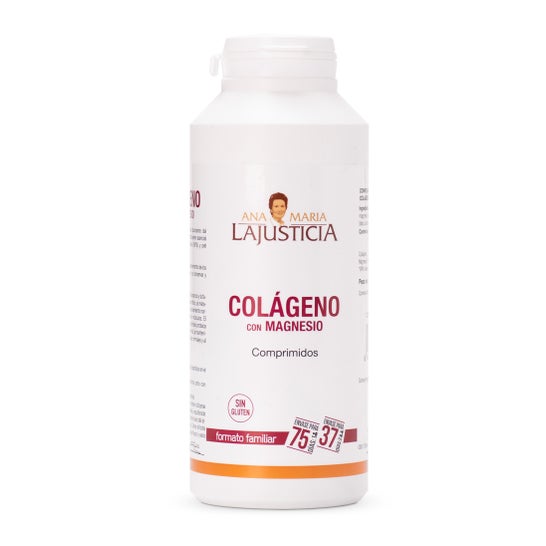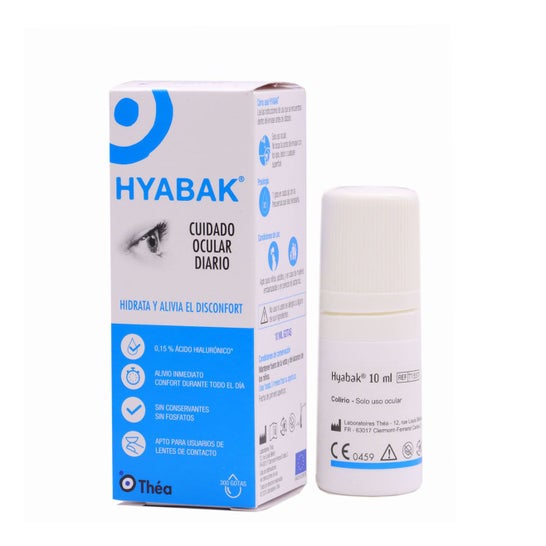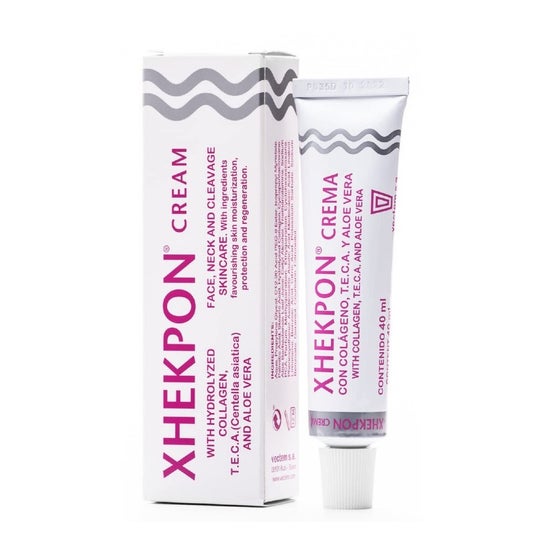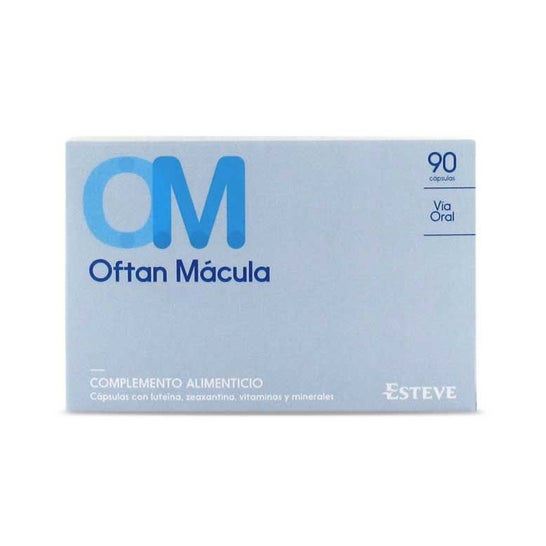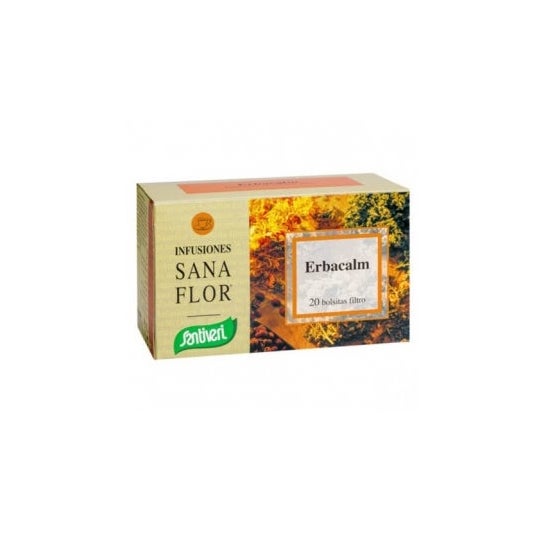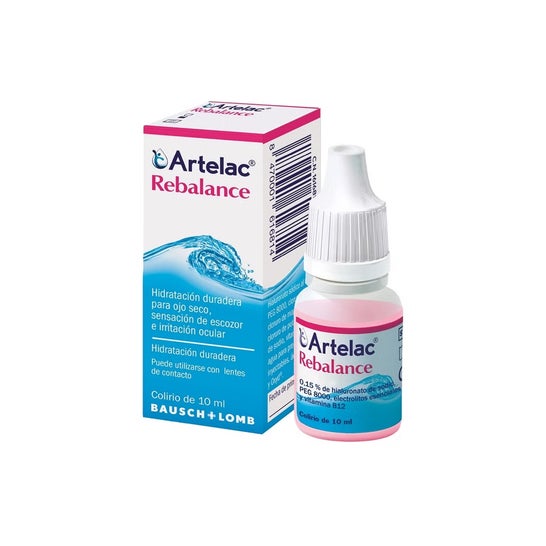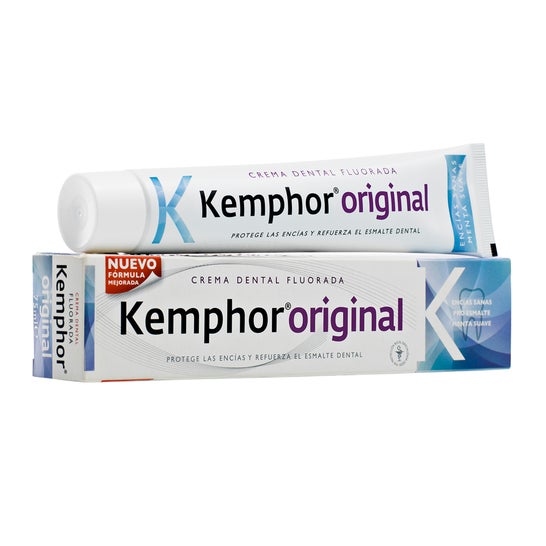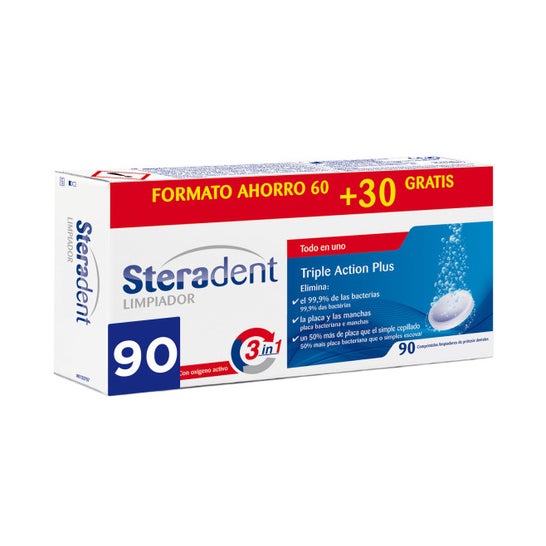Dietary supplements can help with weight management and achieving healthier habits. It is important to follow a balanced diet and an active lifestyle, including exercise. It is also necessary to assess your health history and other status indicators to avoid nutritional deficiencies and the dreaded rebound effect. Also, remember that if you are taking medication, you should take them separately from dietary supplements.
Some slimming supplements are formulated with fibre-rich ingredients that reduce the intestinal absorption of some nutrients. Others stimulate fat metabolism (lipolysis) to help prevent excessive fatty tissue accumulation. On the other hand, some probiotics help to maintain a healthy and well-balanced intestinal microbiota or plant extracts with diuretic and purifying properties that support the organs that eliminate metabolic waste. The same dietary supplement can contain several ingredients that work together.
Shakes, snacks or other meal replacements serve when following a dietary plan with a specific calorie and nutrient/micronutrient intake (in the context of a low-calorie diet). They contain high-value proteins to prevent the loss of muscle mass. In addition to substitute products, I am in favour of incorporating fresh and seasonal ingredients and eating a balanced diet. The Mediterranean Diet is highly recommended but, as always, the guidelines must be specified on a case-by-case basis by a professional.
I also recommend psychological support to identify conditioning thoughts and emotions that are influencing your eating habits. It takes time and knowledge to acquire healthy habits. Always be wary of quick fixes or miracle solutions to achieve a healthy weight as they can compromise your health.



